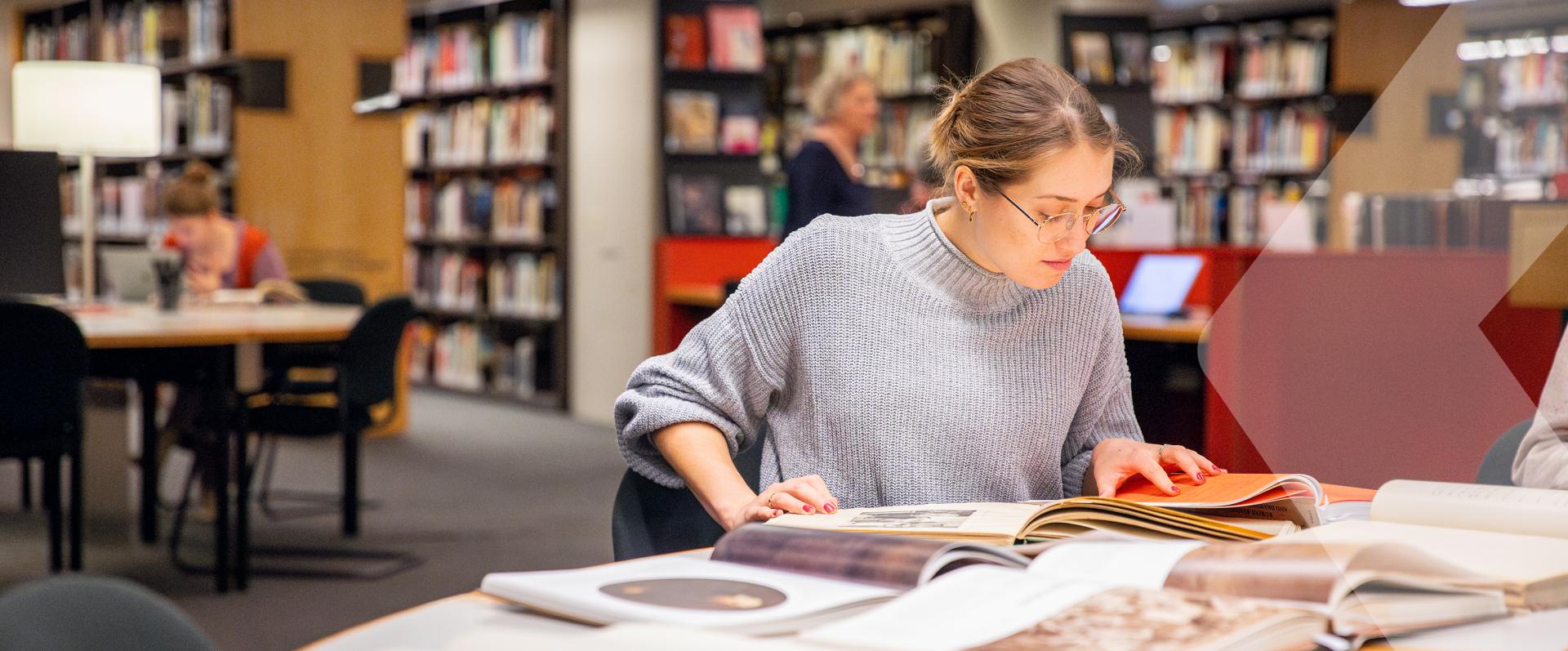
About the RKD
The RKD is the knowledge centre for the visual arts of the Low Countries and provides worldwide access to knowledge, research and information to museums, academic community and general public
Terminology
The RKD’s mission is to provide access to knowledge, research and information about Netherlandish art in an international context for museums, the wider academic community and the public alike, all over in the world. This requires us to adopt a dynamic approach to the language we use.
In all its communications the RKD uses modern-day language, but with no intention to disregard history. We began cataloguing the collection around 1950, initially keeping paper files but moving over to digital databases as computers were introduced. Inevitably, this means that from time to time you may still come across language that is outdated, some of which may cause offense. Phrases that were once commonly used may no longer be considered acceptable. This is something that we monitor and our policy is updated as necessary.
Since 2018, the RKD has intensified research into terms that may be perceived as offensive, ensuring they are modified where appropriate. These include phrases denoting skin colour or ethnic origin, but also terms such as ‘idolatry’ or ‘dwarf’. Because this kind of terminology is no longer used, we are updating descriptions that include outmoded words. However, historical titles and descriptions are preserved so that future researchers will still be able to see how artworks were described in the past.
In order to do justice to history, the RKD also carries out investigations into the identity of anonymous figures in portraits and genre scenes. Making adjustments of this kind to the millions of images and related metadata in our cataloguing system is an arduous task. Please use this contact form if you have a question or would like to leave a comment.